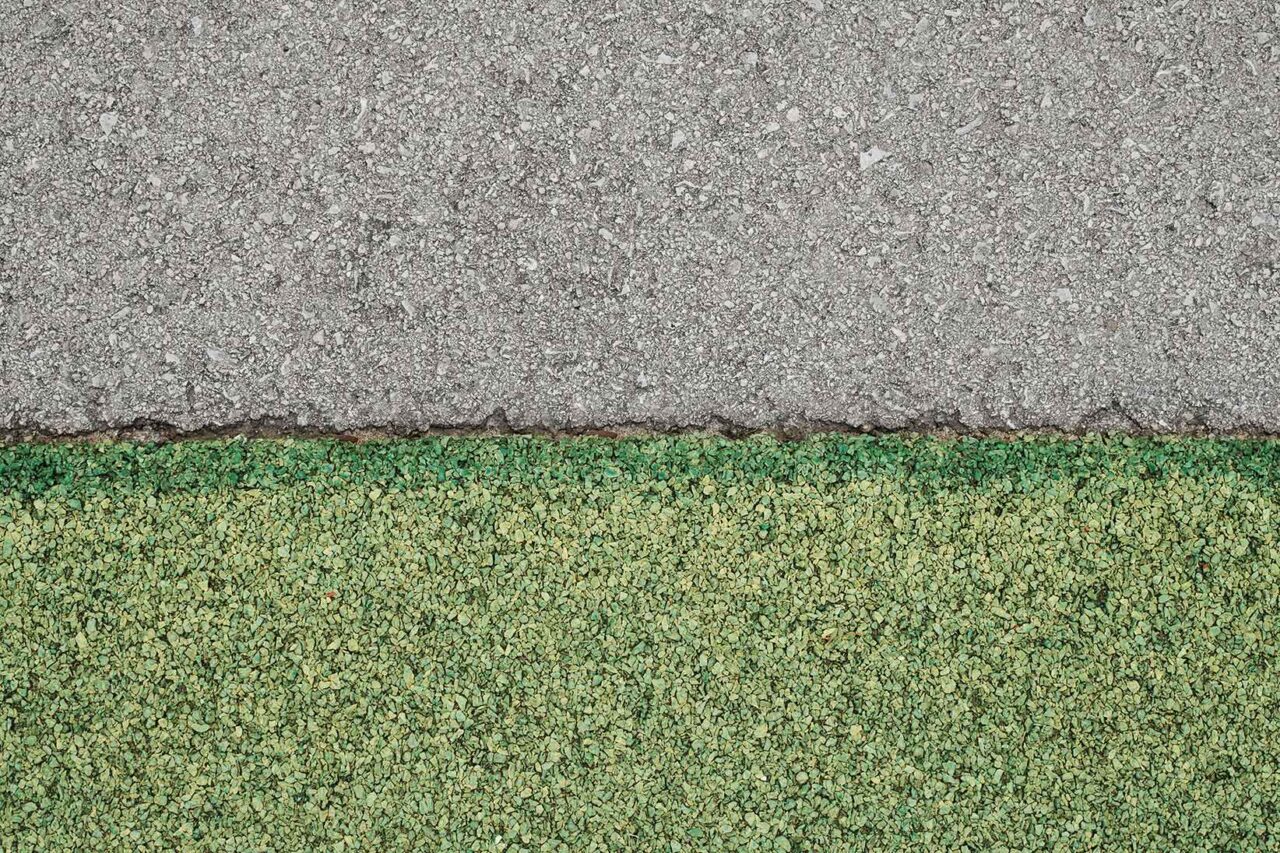There are numerous reasons to appreciate a gravel driveway. They are cost-effective, low-maintenance, and can have a long lifespan when properly looked after.
In rural regions, a significant number of individuals prefer coarse gravel due to its appealing aesthetics, and it additionally offers a security advantage as it allows you to hear approaching individuals near your home.
However, there are also certain disadvantages to take into account prior to selecting this kind of driveway. It doesn’t provide a consistently stable surface, and while the cost of driveway gravel per square foot is lower than that of certain alternative materials, it will require regular replenishing as time goes by.
Now, let’s examine the advantages and disadvantages of gravel driveways, enabling you to make a well-informed choice.
Twelve Advantages and Disadvantages of Gravel Driveways
Below, you’ll find several benefits and drawbacks associated with gravel:
Benefits of Opting for Gravel in a Fresh Driveway Installation
Here are multiple benefits of utilizing gravel for driveway construction:
Inexpensive
When compared to alternative materials, gravel is notably budget-friendly. Even for expansive areas or if you opt to incorporate grids for enhanced aesthetics, the cost of gravel installation per square meter remains lower than that of materials like concrete.
Visual Appeal
Gravel driveways inherently enhance the visual appeal of a property’s exterior, setting it apart within the neighborhood. This choice of driveway encompasses a range of colors and natural tones that impart a distinct and unique appearance to your driveway.
This stands in opposition to alternative driveway materials like concrete and tarmac, which often lack variation. A meticulously crafted gravel driveway leaves a lasting impact on the exterior of a home.
Convenient to Replenish
Driveways deteriorate with the passage of time, and gravel surfaces are no exception. Alongside the gradual loss of some stones, the emergence of ruts and bare spots could become noticeable over the course of time.
Porous
When installed properly, gravel surfacing retains its innate drainage capacity; this permeable surface typically doesn’t require planning permission if it aligns with Sustainable Urban Drainage (SUD) regulations. Consequently, these surfaces effectively manage rainwater, thus minimizing the risk of flooding.
Furthermore, the incorporation of gravel grids enhances the structural integrity of this driveway material by contributing to its cellular composition.
Simple to Upkeep?
Maintaining a gravel driveway is straightforward. In cases where a weed prevention membrane wasn’t used during installation, the only necessary task would be occasional weed removal. For those seeking a lasting solution to prevent weeds from reemerging in a gravel driveway, I recommend referring to this comprehensive guide. It offers valuable insights and effective strategies to achieve a permanent weed-free driveway.
Applying a fresh layer of surface rocks every few years not only rectifies minor indentations but also prevents the displacement of loose stones. Rakes and shovels are usually the primary tools necessary for effective maintenance. If you lack equipment to address weed growth, the option of using a weed killer could be considered.
Rapid Setup
Gravel stands out as one of the simplest materials to use when installing a driveway. The process involves placing a layer of sand along with an appropriate weed membrane. Setting up the gravel driveway and allowing the top layer to properly settle doesn’t require an extensive amount of time. If you’re keen on understanding the process of installing gravel driveways, I suggest referring to our comprehensive guide. This resource offers a step-by-step methodology, leading you through the most efficient route to a successful installation.
Drawbacks of Using Gravel for Your Front Driveway
Here are a few disadvantages of a gravel surface in comparison to a paved surface:
Challenges Caused by Snow
A gravel driveway surface generally poses no major concerns during dry summer months. However, in cold and wet weather conditions (which can be severe in the UK), the task of shoveling snow from the uneven gravel surface can become quite laborious.
When it comes to snow removal, the utilization of gravel grids aids in smoothing the uneven surface, simplifying the process of clearing ice as snow easily slides off when pushed. Nonetheless, the most convenient method for snow and ice removal involves generously applying salt.
Indentations and Tracks
As time passes, gravel experiences wear and tear, leading to the displacement of stones, the expansion of gaps, and the formation of holes and ruts on the driveway. When rain falls, water accumulates within these depressions, causing inconvenience for walking or driving, necessitating their filling.
The frequency of surface wear and tear relies on the caliber of the gravel employed. Fixing these issues, particularly for extended driveways, can turn into a bothersome and exhausting task.
Diminished Stability
Surface gravel is not an ideal choice for sloping driveways, as the loose stones are prone to shifting and not remaining in position. This diminished stability can pose risks for driving or walking on sloping gravel surfaces, particularly during rainy conditions.
For year-round enhancement of stability on inclined gravel driveways, contemplate using a resin-bound surface.
Frequent Replenishments
Frequent replenishment of a gravel surface is necessary to counteract wear and tear. Higher-quality gravel installation reduces the frequency of required top-ups.
Unstable Composition
The majority of issues commonly associated with gravel driveways stem primarily from their loose composition. Alongside the propensity for gravel to dislodge easily, the improper positioning of the weed prevention membrane can lead to weed growth. This, in turn, can result in the driveway appearing unkempt at intervals.
Disorderly
Apart from weed concerns, navigating over surface gravel presents challenges due to its susceptibility to dirt and dust. Persistent accumulation of dust and dirt will result in the need for frequent car cleaning.
How do gravel surfaces measure up in comparison?
In comparison to asphalt driveways
Gravel driveways comprise a basic blend of clay, sand, and rock. In contrast, asphalt is composed of a mixture of aggregate and bitumen.
Similar to concrete, an asphalt driveway is frequently chosen for its durability and reduced noise level. Pea gravel driveways are favored for their natural appearance that complements homes. Both asphalt and gravel surfaces come in various color choices, and when correctly installed, both options can offer years of longevity.
Despite their loose nature, gravel-paved surfaces can be compacted into a dependable and robust form when placed within gravel grids. Similar to asphalt, gravel presents an economical choice.
In contrast to asphalt and various alternatives, gravel driveways can endure a lifetime with appropriate upkeep.
Compared to Block Paving
Paving slabs and gravel are prevalent choices for driveway installations. Paving slabs not only provide an appealing aesthetic but also offer greater dependability between the two options. Furthermore, they boast durability, simplified repairability, and a diverse range of style options such as textures, shapes, and colors. However, it’s important to note that paving slabs can be pricier and require a lengthier preparation process.
Conversely, a gravel driveway offers superb drainage capabilities and requires minimal upkeep. Additionally, it’s a cost-effective and uncomplicated installation process. Similar to traditional paving, various style alternatives exist, encompassing differences in price, texture, shape, color, and size. The sole considerations for a gravel driveway pertain to inclines and ongoing maintenance.
Last Word
Gravel is a material that can leave a lasting impact on your driveway. It’s not only simple to install but also cost-effective, making it a highly favorable option.
Furthermore, there is a wide array of blends and hues available for selection.
The primary downside is that occasional replenishing may be required as gravel tends to sink into the soil over time. We trust this article about the advantages and disadvantages of gravel driveways has been informative. Moreover, there exists a diverse range of combinations and shades to choose from.
Transform your home effortlessly with FloorPup! Discover our extensive range of hardwood flooring, receive tips from expert floor care and maintenance professionals. Our team includes professional floor fitters, skilled driveway pavers, and dependable carpet repair specialists, ensuring top-notch results. Learn more about our dedication to quality on our About Us page. Visit FloorPup and start enhancing your living space today!
FAQS.
Is paving better than gravel?
Is paving better than gravel? The decision between the two for your driveway comes down to trade-offs. Paving offers a polished look, durability, and style options, but it’s costlier and takes longer to install. On the other hand, gravel driveways provide a natural aesthetic and easier maintenance, although they may require more frequent upkeep.
What are the disadvantages of gravel driveways?
Gravel driveways have drawbacks. Their instability and loose structure require frequent refilling, and improper weed prevention membrane placement can lead to weed growth, causing untidiness. Maintenance, especially for longer driveways, can be burdensome.
What is the life of a gravel driveway?
The life of a gravel driveway varies based on factors such as upkeep, usage, and weather. When properly maintained, these driveways can endure for many years. Regular tasks like addressing potholes, leveling the surface, and managing weed growth contribute to their longevity. However, neglect, heavy traffic, and unfavorable conditions can lead to quicker deterioration. Taking timely actions to address issues ensures the gravel driveway’s extended lifespan.
How long does a gravel drive last?
With proper care, a well-kept gravel drive can endure about 10-20 years. Factors like weather, traffic, and drainage play roles in its longevity. Regular maintenance, addressing ruts, and efficient drainage can extend its lifespan.
What is a common problem for gravel roads?
The life of a gravel driveway varies based on factors such as upkeep, usage, and weather. When properly maintained, these driveways can endure for many years. Regular tasks like addressing potholes, leveling the surface, and managing weed growth contribute to their longevity. However, neglect, heavy traffic, and unfavorable conditions can lead to quicker deterioration. Taking timely actions to address issues ensures the gravel driveway’s extended lifespan.


